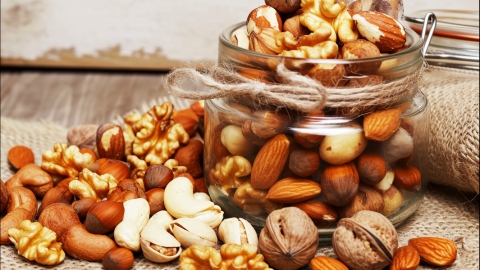Can cashew nut shells be eaten?
In general, cashew skin (the outer coating) is edible, but it's not recommended to consume it in large amounts. Here's a detailed explanation:

The light brown thin layer covering the cashew kernel is naturally retained during processing. It is non-toxic and contains some dietary fiber and phytochemicals, providing minor nutritional benefits. Additionally, the skin has a mild nutty aroma that blends well with the flavor of the cashew kernel, enhancing the overall taste experience. There's no need to remove it deliberately; consuming it directly does not pose health risks and helps reduce food waste.
When eating cashews with their skin, make sure to clean off any dust or impurities from the surface to avoid ingesting contaminants. Consumption should be moderate—despite the edibility of the skin, cashews are high in fat, and excessive intake may increase digestive burden. If the cashew skin has an unusual odor, feels sticky, or appears discolored, this may indicate spoilage, and the nuts should not be eaten but discarded immediately to ensure food safety.








